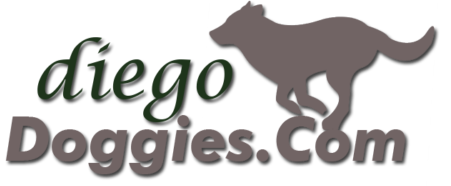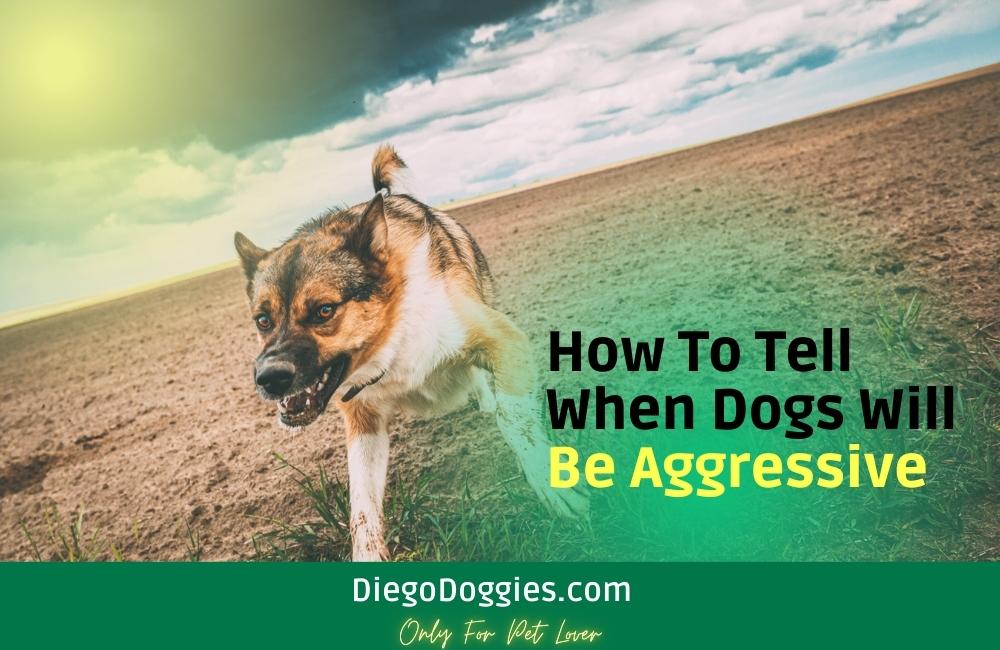Dogs are often considered to be one of the most loyal creatures on the planet. They are known to be protective of their owners and families and will often become aggressive if they feel that someone is a threat. While this can be an admirable quality in some cases, it can also lead to dangerous situations if not managed properly.
To help dog owners, protect themselves and others from potential dog aggression, it is important to understand the signs that a dog may become aggressive. By being aware of these signs, steps can be taken to stop any aggression before it becomes a problem.
What You Need To Know About Dog Aggression Before Buying A Dog
Before deciding to buy a dog, it is important to be aware of dog aggression. Aggression in dogs can manifest itself in several ways, such as growling, barking, snapping or even biting. Aggressive behaviour usually occurs when the dog feels threatened or is trying to protect something that it considers valuable.
It is important for dog owners to be aware of the signs that indicate potential aggression, so they can make sure their dog is trained properly and not exposed to situations where it could become aggressive.
Some dog breeds are thought to be more likely to display aggressive behavior than others. These dog breeds include Pitbull, Dobermans, Rottweilers, Chows, Akitas and German Shepherds. It is important for dog owners of these dog breeds to socialize their dogs from an early age and train them properly to prevent aggressive behavior.
Additionally, dog owners should be aware of their dog’s body language and seek help from dog trainers or behaviorists if necessary. Taking these steps can help dog owners create a safe environment for their dog and others.
Signs of Dog Aggression
There are a few common signs that dog owners should look out for when assessing their dog’s potential for aggression. Some of these signs include growling, barking, lip-lifting (exposing teeth), lunging or snapping at people or other animals, and even biting. If your dog is exhibiting any of these behaviors, it is important to take steps to address the issue right away.
If your dog is displaying signs of aggression, there are a few techniques that can help you manage and prevent this behavior. First, make sure that your dog has plenty of mental and physical stimulation – this can help to prevent boredom and frustration, which can lead to aggression. Second, create a safe space for your dog where it can retreat from stressful situations.
Finally, be sure to use positive reinforcement when training your dog so that it learns good behaviors rather than aggressive ones.
How Do I Manage An Aggressive Dog
If your dog is already displaying aggressive tendencies, it is important to act quickly and safely. First, avoid making eye contact with the dog as this can be interpreted as a sign of aggression or challenge. If possible, remove yourself or anyone else who may be in danger from the situation.
If necessary, use a leash or other device to maintain control of your dog. Finally, speak to your veterinarian or animal behaviorist for advice on how to help manage and prevent dog aggression in the future.
By being aware of the signs of dog aggression, dog owners can take steps to protect themselves and others from any potential danger. By providing a safe environment, using positive reinforcement when training their dog, and seeking help from experts when needed, dog owners can ensure that their dog’s aggressive behaviour is kept under control.
Key Takeaways: – Dog aggression can manifest itself in several ways, such as growling, barking, snapping or even biting. – It is important for dog owners to be aware of the signs that indicate potential aggression, so they can make sure their dog is trained properly and not exposed to situations where it could become aggressive.
How Can I Stop My Dog From Being Aggressive
Dog aggression can be a difficult problem to manage, but fortunately, it is also one that you can take steps to address and overcome. Start by identifying the underlying cause of your dog’s aggression. Did something specific trigger the aggressive behaviour? It could be a result of dominance issues, fear, pain, or even an undiagnosed medical condition.
Once you figure out the source, it is important to use only positive reinforcement if you want to stop this type of behavior. Time-out sessions can help if needed, as well as provide stimulation with physical activities or toys. Additionally, avoid encouraging resource guarding by making sure your pup always has access to enough food or other items that may prompt it to act aggressively.
If these approaches do not prove effective on their own, consider professional help from an experienced animal behaviorist. With the right guidance and dedication from you, addressing aggressive behaviours in your pup will eventually become a thing of the past!
Tips For Dealing With An Aggressive Dog
Remain calm: It is important to remain calm when dealing with an aggressive dog. Staying relaxed and in control will help to keep the situation from escalating. Keep your dog away from other people and animals: If necessary, use a leash or other device to maintain control of your dog.
– Do not encourage aggression: Never reward or praise an aggressive dog. This will only reinforce the behaviour and make it worse.
– Avoid punishment: Punishment can escalate the situation, making matters worse. Punishing your dog may also cause them to become confused and fearful of you.
– Seek help from a professional: If you are having difficulty managing your dog.
When Is It Appropriate To Use Force Against A Dog
It is important to remember that dog aggression should never be managed with force. Using physical punishment, such as hitting or kicking a dog, is inappropriate and can make the situation worse. In some cases, it may also cause the dog to become more aggressive. If you are ever in a situation where you feel continually threatened by an aggressive dog, contact a professional dog behaviorist for help.
What Should I Do If My Dog Attacks Someone
If your dog attacks someone, take immediate action to try and stop the attack. Make loud noises or use a water spray bottle to distract the dog. If this does not work, you may need to physically intervene and separate the dog from its victim by blocking it with an object or catching it by its collar.
It is important to seek help from a professional dog behaviorist as soon as possible, to learn more about your dog and how to prevent further incidents.
It is also important to contact the victim’s medical provider right away. A veterinarian may provide emergency medical care if needed and may be able to offer advice on how best to manage the situation. Depending on the severity of the attack, you may need to contact the authorities and/or your dog’s insurance company.
Frequently Asked Questions and Answers
Conclusion
Ultimately, dog aggression can be managed with the right knowledge and resources. By providing a safe environment for your dog, socializing them from an early age, training them properly, and being aware of their body language, dog owners can prevent dog aggression while creating a peaceful environment for all.
Additionally, dog owners should seek help from animal behavior lists or dog trainers if the aggression persists, so they can learn how to effectively manage their dog’s behavior. With these steps, dog owners can work together to create a safe and secure environment for everyone.
Related Contents
- 12 Tips For Kayaking With Your Dog
- 14 Basic Dog Obedience Training Commands for Dogs
- 14 Easy Ways to Exercise Your Dog: Fun and Effective Methods
- 8 Therapy Dog Training Tips: How to Train Your Dog
- Choosing The Best Training Treats For Your Puppy
- Dog Walking Tips- 18 Helpful Tips to Walk Your Dog
- Eight Dog Breeds That Are Good With Horses
- Make Crate Training Easy for Your Puppy
- How to Stop a Dog Chewing Everything
- Stop a Puppy from Biting You
- Teach a Dog to Smile: Fun and Easy Tips


